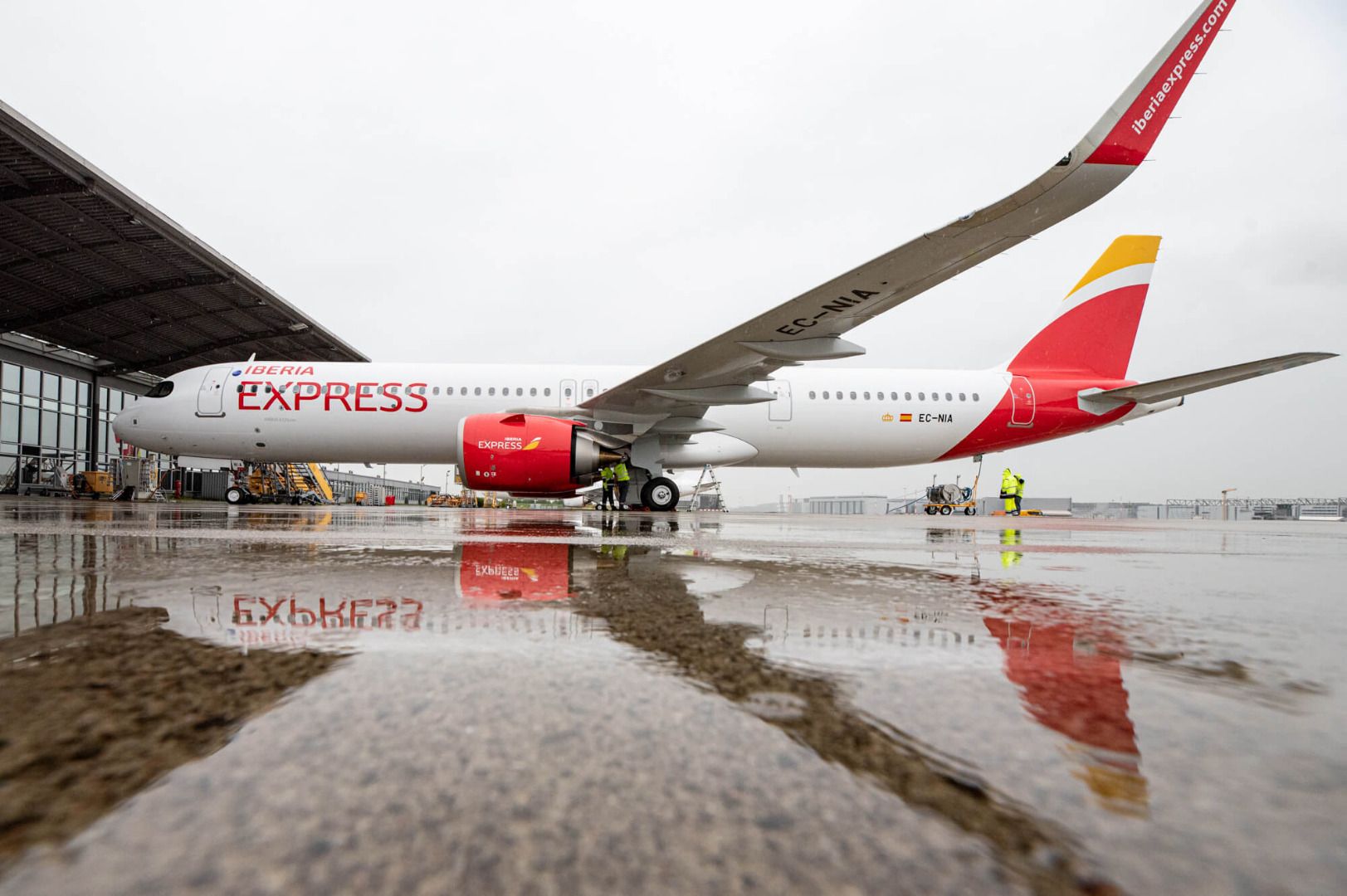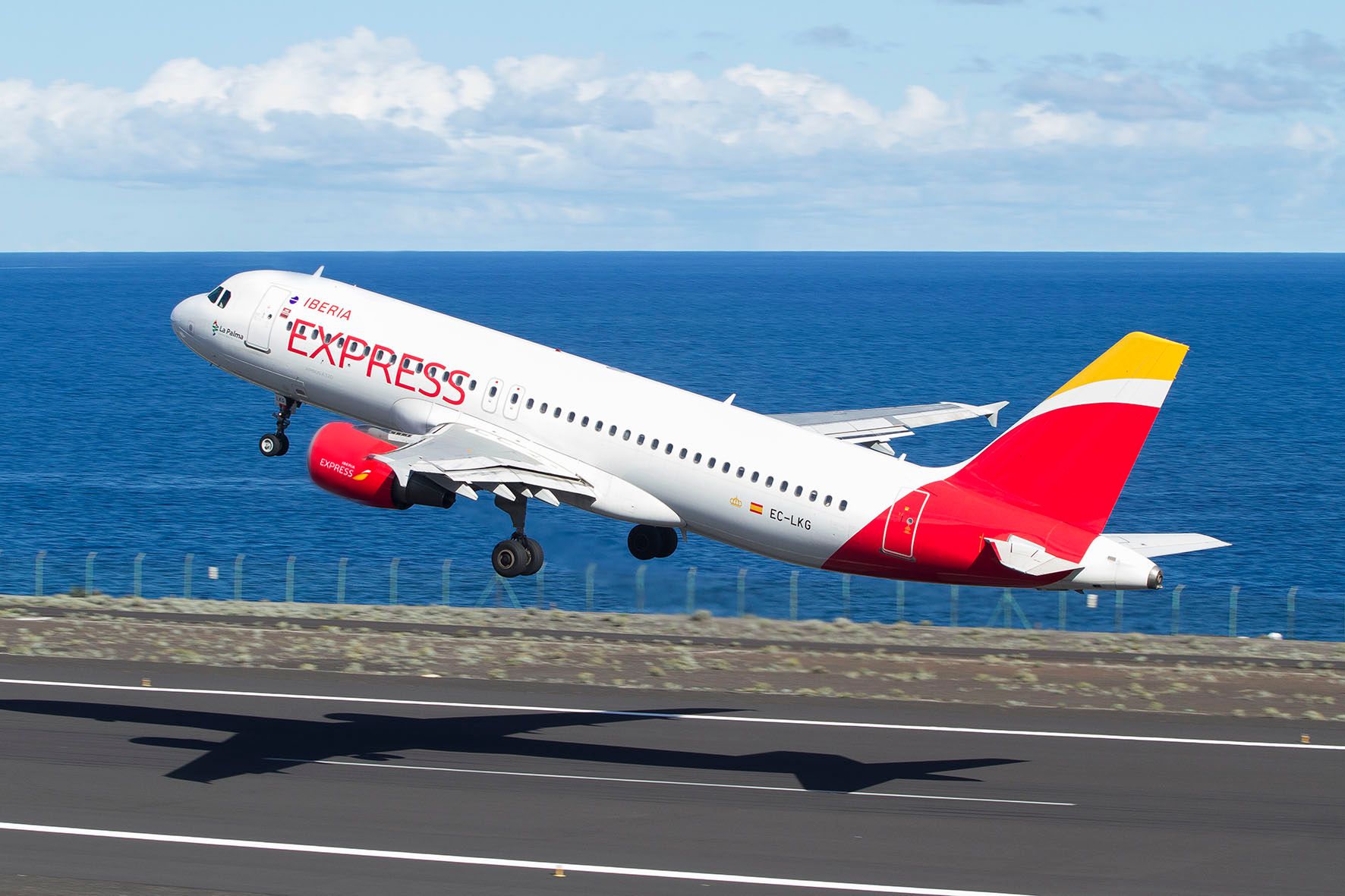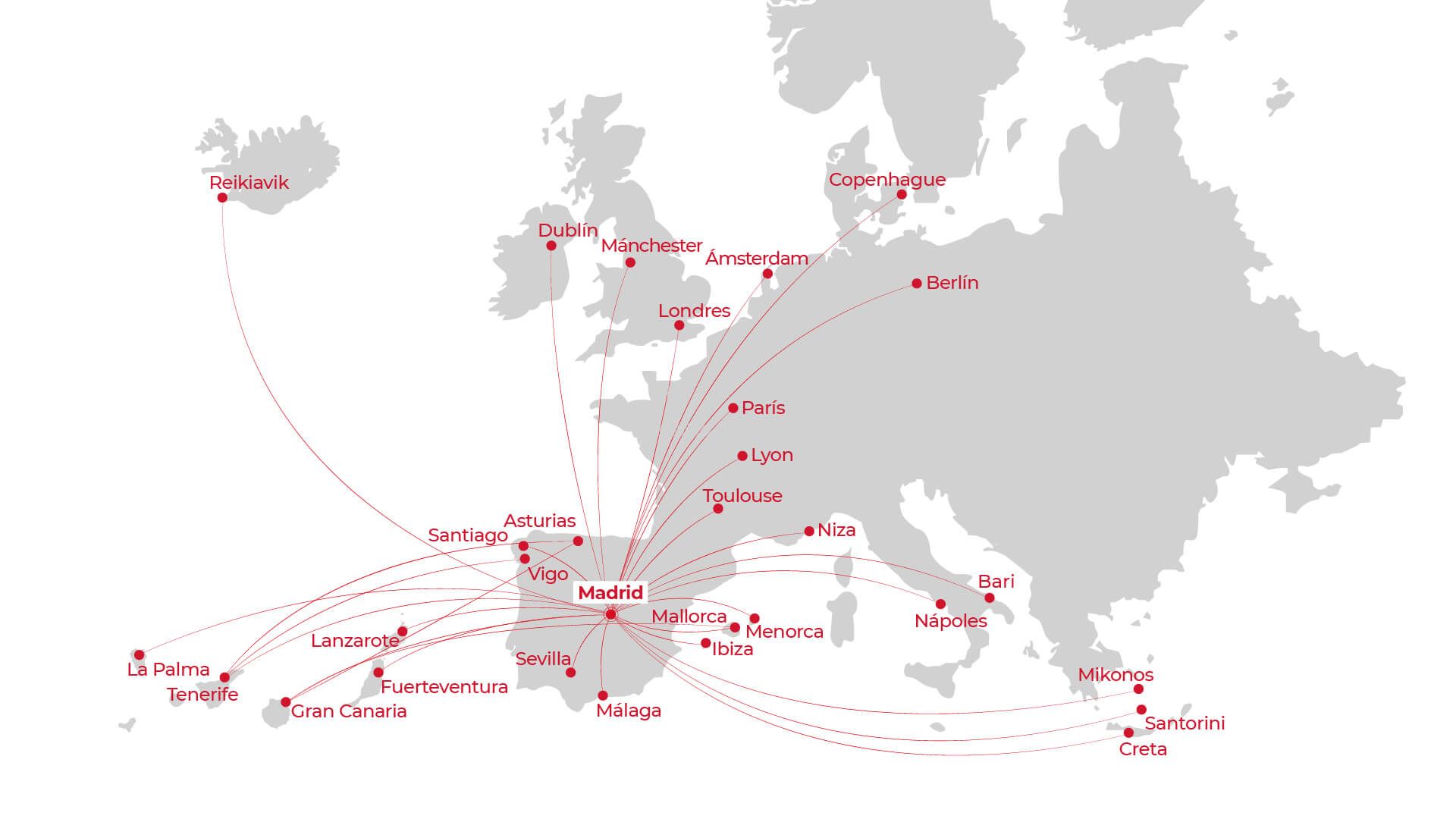Earlier this week, the cabin crew members of Iberia Express announced they could hold a ten-day strike between August 28 and September 6 after negotiations on their new Collective Bargaining Agreement (CBA) stalled. On Thursday, the Spanish carrier told Simple Flying it expects to avoid this industrial action and remains open to reaching an agreement with its unionized employees.
Increasing demands
On Monday, the union representing cabin crew members of Iberia Express (USO, or Unión Sindical Obrera) released a statement saying the airline management was not negotiating with them in good faith and was not looking to improve the labor conditions of the 517 employees based in Madrid Barajas International Airport. Therefore, to address this lack of interest, the only option for the workers would be to strike for ten days between August and September.
Among the demands asked by the cabin crew members, there’s a 6.5% wage increase, applying the Consumer Prices Index in the new CBA, allowing the employees to keep up with current levels of inflation, and an increase in onboard sales commissions. Nonetheless, according to the airline, USO “has been increasing its demand until it has not been possible to meet them because they were disproportionate.”
Stalled negotiations
The Spanish cabin crew union has been recently negotiating with several airlines, including easyJet, Ryanair, and Iberia Express. It is looking for better working conditions for its members following a two-year crisis in the aviation industry due to the COVID-19 pandemic and economic uncertainty led by rising inflation.
According to Iberia Express, it is incomprehensible why USO is warning of a strike just a few weeks after the meetings between both parties have intensified and negotiations of their second CBA have advanced. “A strike should always be the last resort,” said the airline in a statement. It added,
“Iberia Express has demonstrated its capacity for dialogue and its willingness to offer solutions in the agreement reached with the other union, CCOO, and with which improvements have already been made to the agreement to deal with inflation and which will involve wage improvements and new higher labor levels among cabin crew members, and other benefits related to days off and reduction in working hours.”
The airline asked USO to reconsider and call off the strike, trusting both parties can continue with the dialogue, guaranteeing the operations, and offering a good service to the customers of Iberia Express.
What impact could we see?
Iberia Express is currently operating around 850 weekly flights, according to data provided by Cirium. It mostly operates from Madrid, covering destinations across Europe, as you can see in the image above.
Its fleet of 23 aircraft (14 Airbus A320-200s and nine Airbus A321-200s) offers 164,085 weekly seats with an average of 193 seats per flight. Its most important routes cover services from Madrid to Spanish leisure destinations; for example, the route between Madrid and Palma de Mallorca has 46 weekly flights (almost seven daily), its route to Gran Canaria has 45 weekly flights, and its route to Tenerife has 30 weekly flights. Iberia Express’ most important international routes are from Madrid to Amsterdam and Dublin, with 14 weekly flights each.



